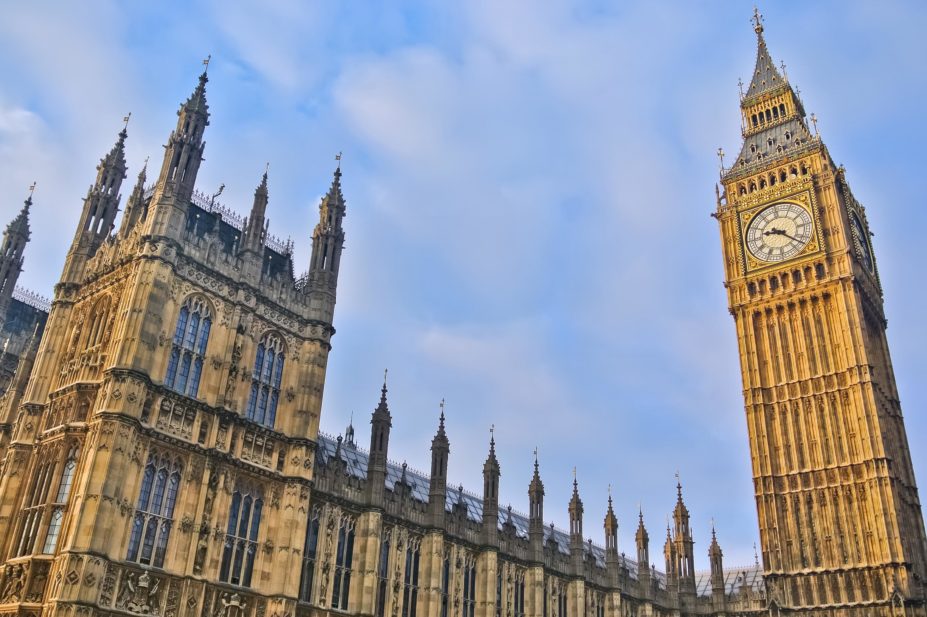
National Pharmacy Association

Source: Office of Kevin Barron
Kevin Barron MP, chair of the APPG, said numerous witnesses argued that community pharmacy has the expertise to play a greater role in primary care
Giving all community pharmacists the opportunity to become prescribers by 2022 and introducing a minor ailment service throughout England are among a series of recommendations made in a report by the All-Party Pharmacy Group, following an investigation into the impact of government reforms.
The APPG, which is made up of a cross section of MPs with an interest in pharmacy, has also called on NHS England to outline their strategy for implementing the recommendations of the Murray Review into ”community pharmacy clinical services”, which was published in December 2016, and to which they have yet to respond.
The APPG report comes after a series of evidence sessions that began in January 2017 to scrutinise the reforms of the community pharmacy contract.
The reforms had dented confidence in the sector as well as raising questions about the government’s commitment to developing community pharmacy services, the APPG says.
The recommendations will “strengthen the sector’s ability to serve patients and mitigate some of the negative impacts of the reforms”, it said.
Community pharmacy is a highly valued, but an underutilised resource, the APPG said, and the profession needs to play a more integrated role in both primary care services, and the treatment of patients with long-term health conditions.
Policy makers need to better understand how community pharmacies are currently used, it recommended. And steps should be taken to encourage shared patient records between primary and secondary care.
The recommendations also called on those working on sustainability and transformation plans to engage more closely with community pharmacy.
Kevin Barron MP, chair of the APPG, said they had heard from numerous witnesses who argued that community pharmacy has the expertise to play a greater role and relieve pressure in primary care as well as treating patients with long-term conditions.
“Our recommendations encourage closer integration and identify a number of services which should be developed through the national pharmacy contract.”
Vice chair Oliver Colvile MP added: “The health service is facing huge challenges due to patient demand, and by working to develop services, community pharmacy can shoulder some of the burden facing GPs, and other parts of the NHS.”
A reconstituted All-Party Pharmacy Group plans to meet the relevant new pharmacy minster in the new Parliament after the general election to discuss its recommendations.
Commenting on the APPG report, Sandra Gidley, chair of the Royal Pharmaceutical Society English Pharmacy Board, said the recommendation that integration with primary care in general and community pharmacy in particular should be an objective of the GP practice pharmacist programme, was already happening.
She added that she agreed for the need for more consistency in minor ailments services and greater understanding of pharmacy among policy makers. Currently, in England, minor ailments schemes are commissioned by individual clinical commissioning groups, rather than nationally; there are 67 different schemes in commission in England.
“The opportunity to become prescribers is absolutely essential but there has been some confusion about this, which we need to clear up.”
She added that options for speeding up six-month prescribing training schemes should be looked at.
“If you’re really serious about using pharmacists effectively, this has got to be considered and I hope after the election the All-Party Parliamentary Group will focus on that because it is really important.”
In response to calls for implementation of the Murray Review recommendations, she said the lack of progress was “frustrating”.
“NHS England has still not published their official response and the excuse is that they are awaiting the outcome of [community pharmacy contract] judicial review but if they’re serious about implementing it, I’m not sure why this delay is necessary.”


